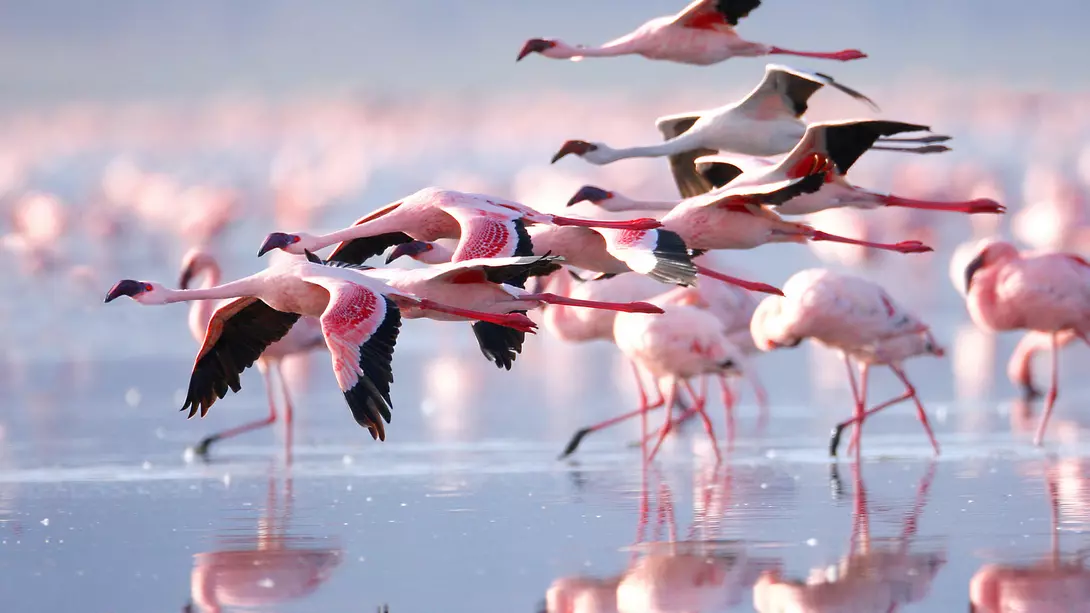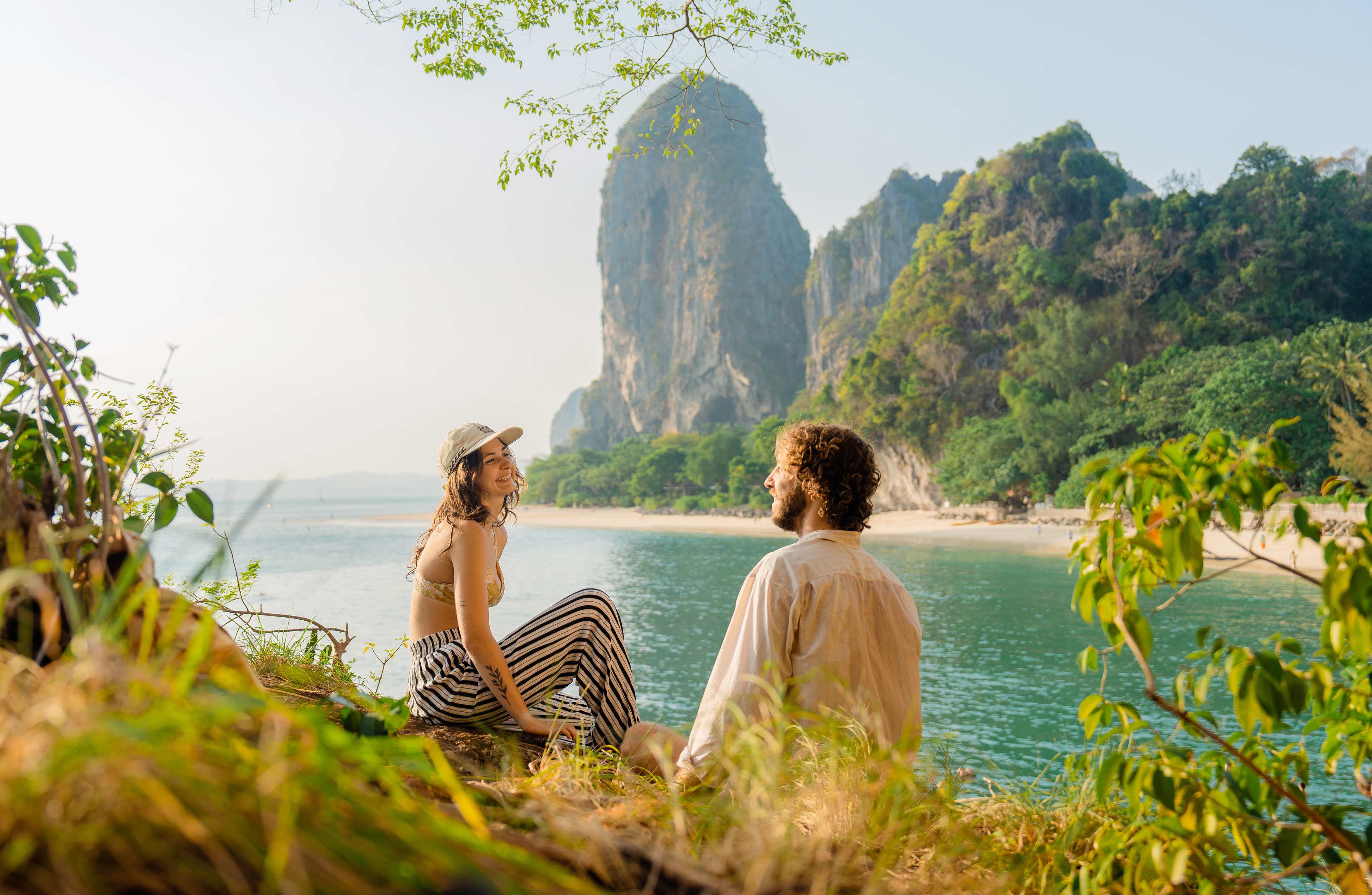Culture & Traditions
Costa Rica is a blend of indigenous heritage and vibrant modern life, where traditions and nature are deeply intertwined. The spirit of pura vida, meaning “pure life,” captures the country’s outlook. It is more than a phrase; it is a philosophy of gratitude, resilience, and enjoyment of the moment that locals extend warmly to visitors.
Nature, family, and celebration lie at the heart of Costa Rican identity. Indigenous communities continue to influence art, storytelling, and crafts, while Spanish colonial history has shaped architecture, festivals, and cuisine. Today, that heritage exists alongside a strong national commitment to sustainability, a value that is visible in eco-lodges, conservation projects, and daily life.
Cultural traditions thrive in colourful celebrations such as Semana Santa processions, Independence Day parades, and lively Christmas street festivals. From the historic churches of San José to rural fiestas in small towns, each event reflects the country’s balance of faith, family, and joy. Visitors experience a culture that is welcoming, proud, and inseparable from the natural beauty surrounding it.
To book your own Costa Rican cultural journey, speak with one of our Destination Specialists today.
Costa Rica’s Natural, Indigenous, and Environmental Heritage
Costa Rica’s cultural identity is inseparable from its natural wonders, from the Arenal Volcano to the Monteverde Cloud Forest to the wild waterways of Tortuguero. Storytelling, music, and art often draw on legends and the landscapes themselves. “I love Costa Rica’s rich biodiversity and stunning natural beauty,” Destination Specialist Kajal Gadhia says. “It’s a blend of lush rainforests, majestic volcanoes, and pristine beaches.”
In 1948, Costa Rica became the first country in the world to abolish its army, choosing instead to focus on three other national priorities: education, health, and conservation. December 1 is the annual holiday celebrating this decision, which explains why Costa Rica today features an electrical grid that uses renewable energy for approximately 98 percent of its power, roughly five percent of all the world's flora and fauna (despite accounting for just 0.03 percent of the world's surface area), and a Blue Zone (the Nicoya Peninsula) where life expectancy averages 85 years.
Its deep connection to the land is not only cultural but also ethical. As Destination Specialist Virginia Dameno says, “I love Costa Rica’s commitment to sustainability and eco-friendly practices. It’s part of the country’s DNA.” Visitors quickly see how conservation and cultural pride go hand in hand.
Costa Rica’s Religious Traditions and Holidays
Faith and celebration play a major role in Costa Rican life. From Semana Santa (Holy Week) processions to Fiestas Patrias in September and Christmas festivities in the streets, holidays are moments of both devotion and joy.
San José’s historic churches reflect the country’s spiritual roots, while festivals showcase a vibrant, welcoming culture.
“One of the best events to experience is the Palmares Festival in mid-January,” says Destination Specialist Kajal Gadhia. “It is a huge celebration with live music, horse parades, carnival rides, and incredible food.”
Costa Rican Daily Life and Etiquette
Costa Ricans are known for their warmth and hospitality, expressed in the phrase pura vida, which captures a way of life centered on gratitude and simplicity.
Family ties are strong, with daily life often revolving around shared meals and close community bonds. Greetings are friendly and relaxed, with handshakes and smiles common even among acquaintances.
“A local tradition is to always shake hands when greeting an acquaintance,” says Destination Specialist Kajal Gadhia.
Coffee, meanwhile, is more than a beverage. In this major coffee-producing nation, it is also the focus of a social ritual that brings people together in homes, cafés, and plazas.
Festivals and Celebrations in Costa Rica
Festivals in Costa Rica are joyful occasions filled with colour, dance, and music. Día de la Independencia in September features parades, traditional costumes, and patriotic pride, while Fiestas Patronales honour local saints with processions, music, and fireworks.
In the fall and winter, Costa Rica’s various Carnaval celebrations bring a burst of rhythm and festivity to the streets with food, dance, and elaborate floats. These events reflect the country’s strong cultural observances and provide visitors with an opportunity to experience local traditions at their most vibrant.
Explore Costa Rican Culture With Goway
From guided wildlife tours that reveal the deep connection between people and nature to artisan workshops where travellers can learn traditional crafts, Costa Rica offers endless ways to immerse yourself in its culture.
With Goway, you can tailor your journey to include authentic experiences that go beyond sightseeing and connect you with the heart of the country. Let us design your immersive Costa Rica experience today.
FAQs
What are the key Costa Rican customs and traditions travellers should experience?
Travellers should embrace the pura vida lifestyle, enjoy local festivals like Día de la Independencia, and take part in traditional coffee culture. Community, nature, and hospitality are at the heart of daily life.
What languages do they speak in Costa Rica?
Spanish is the official language, though English is widely spoken in tourist regions, at hotels, and with guides.
What is Costa Rican culture known for?
Costa Rican culture is known for its focus on sustainability, biodiversity, warm hospitality, and a strong mix of Indigenous and Spanish traditions.
What is the etiquette of Costa Rica?
Greetings are warm and polite, usually a handshake or smile. Dining is relaxed but respectful, with small tips customary in restaurants.
What is the national dress of Costa Rica called?
The traje típico is the national dress. Women often wear colourful skirts and embroidered blouses, while men wear simple white shirts, sashes, and hats.
What is the main religion of Costa Rica?
Roman Catholicism is the official and most practiced religion, though the country values freedom of belief.
How do religious festivals shape Costa Rican cultural life?
Religious festivals like Semana Santa (Holy Week) bring families and communities together with processions, food, and celebrations that reflect the country’s faith traditions.
What traditional dances and music are integral to Costa Rican celebrations?
Merengue, cumbia, salsa, and the folk dance punto guanacasteco are central to Costa Rican celebrations, often accompanied by lively music during parades and festivals.
Travel Stories
Get inspired about Your Trip to Costa Rica
Unlock more by subscribing to our newsletter.
With our newsletter, you’ll get access to regular communications that inspire you and help you explore the world your way.



